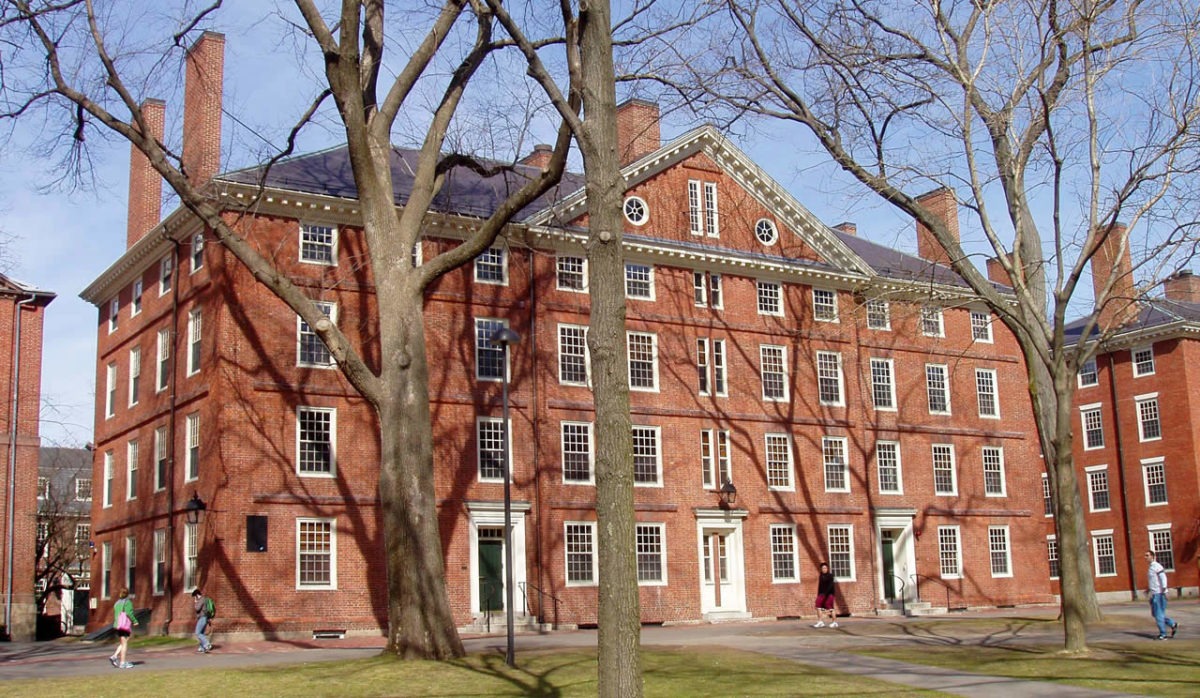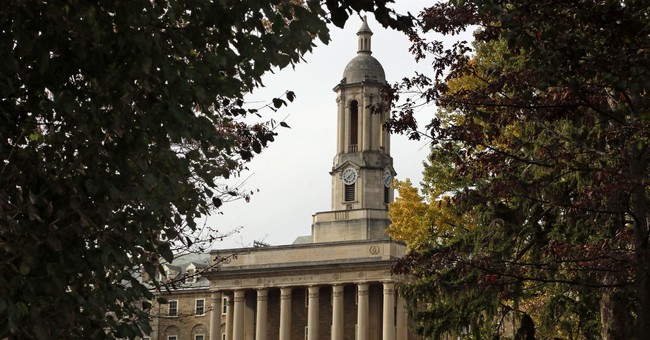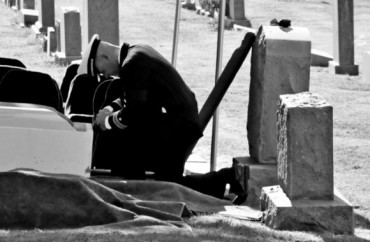Submitted by Hardscrabble Farmer
Why a college degree is not a guarantee of future earnings and why the money spent on one can create more problems than the credential can solve.
Via Bustle

Click to visit the TBP Store for Great TBP Merchandise

It all became real the summer before my senior year of college. It was 2010, and my home phone still had a cord, which I wrapped around my fingers as I waited not-so-patiently for the apathetic representative on the other end to tell me the bad news about my student loan debt. My father was in front of me, his typically ruddy face redder than usual. “A 9.25 percent interest rate?” he yelled, “How can you put that on a kid?” It was clear he was worried, and he had every right to be — as the cosigner of my loans, my debt would be his responsibility, too.
The loan, ironically called a “Smart Option” loan, has a variable interest rate that fluctuates based on changes in the financial market — which may have been explained to me at the time (I truly don’t remember), but I know I didn’t fully grasp what that meant. Either way, neither of my parents wanted me to take it — I could tell that much. My mother didn’t even have to say it, as she sat wordlessly next to me on the couch. Like most working-class parents, she couldn’t fathom paying more than $30,000 a year for my education (let alone $60,000). My father, an electrician who worked nights driving Amtrak trains to put himself through trade school, only earned his associate’s degree in his mid-30s. My mother held a few random part-time jobs over the years while she devoted herself to raising my brother and me, but she never graduated from high school. The concept of attending a private college, let alone paying for it, was completely foreign to them. They wanted me to chase something bigger than they ever had access to. They just didn’t want “bigger” to mean drowning for the next 20 years in an all-consuming pile of debt.
Continue reading “I’ve Paid $18,000 To A $24,000 Student Loan, & I Still Owe $24,000”
















 Getty Images
Getty Images

